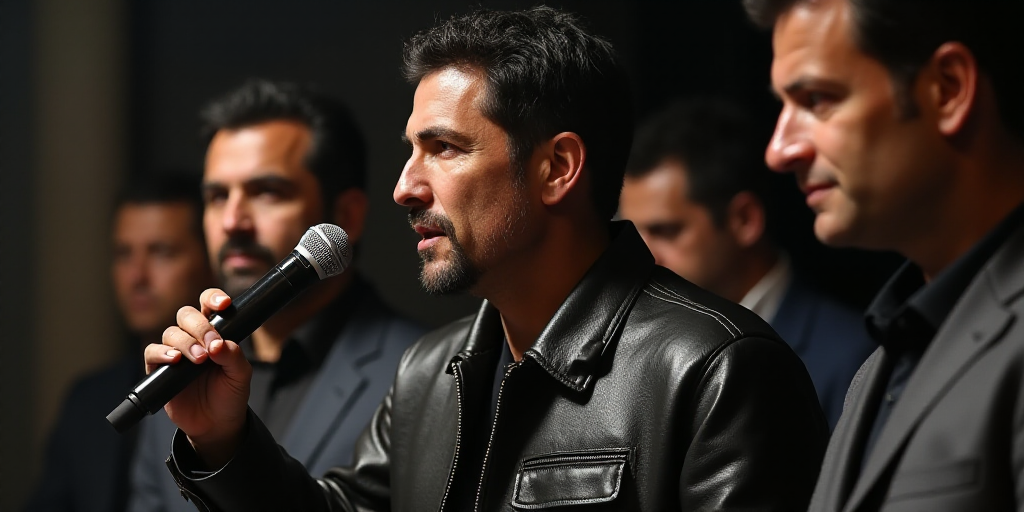Background on Daniel Noboa and His Relevance
Daniel Noboa, the current President of Ecuador, has been in office since May 2017. A businessman by profession, Noboa is known for his conservative political views and has been a part of the country’s political landscape for decades. His recent call to action highlights a significant conflict between the executive branch and the judicial system.
Key Events Leading to the March
Laws in Question:
- Ley Orgánica de Solidaridad Nacional (Law on National Solidarity)
- Ley Orgánica de Inteligencia (Intelligence Organization Law)
- Ley Orgánica de Integridad Pública (Public Integrity Law)
These three key laws were central to Noboa’s government agenda, aiming to strengthen national security, intelligence gathering, and public integrity.
Judicial Intervention:
- On Monday, the Constitutional Court provisionally suspended more than twenty articles from these laws.
- The court’s decision was based on concerns raised by various organizations about potential violations of fundamental rights.
President Noboa’s Response and Call to Action
Noboa, during a public event in Guayas, asserted that the Ecuadorian Constitution grants “maximum power to the public,” urging citizens to peacefully protest on August 12 against what he perceives as judicial overreach.
“We cannot allow nine individuals, who even refuse to appear in photos, to undermine the laws that could ensure security for every citizen,” Noboa declared, referring to the judges’ actions.
Government’s Reaction and Criticism
Following the court’s decision, Minister of Government Zaida Rovira and Assembly President Niels Olsen held a press conference, vehemently rejecting the suspension and being accompanied by police and military personnel. This reaction has drawn further criticism from organizations such as Human Rights Watch (HRW).
HRW’s Stance:
Juanita Goebertus, HRW’s representative for the Americas, expressed concern over what she termed “attacks” on the Constitutional Court. She emphasized the court’s importance in upholding the rule of law and called for authorities to respect and guarantee its independent functioning.
Key Questions and Answers
- What are the key laws in question? The Ley Orgánica de Solidaridad Nacional, Ley Orgánica de Inteligencia, and Ley Orgánica de Integridad Pública, which aim to bolster national security, intelligence gathering, and public integrity.
- Why did the Constitutional Court suspend these laws? The court provisionally suspended these articles due to concerns about potential violations of fundamental rights raised by various organizations.
- What is the government’s response to the court’s decision? The government, led by President Noboa, has organized a march against the judicial system, accusing it of overstepping its boundaries.
- What is HRW’s position on the situation? HRW has criticized both the government’s reaction and the judicial intervention, emphasizing the importance of an independent Constitutional Court upholding the rule of law.






